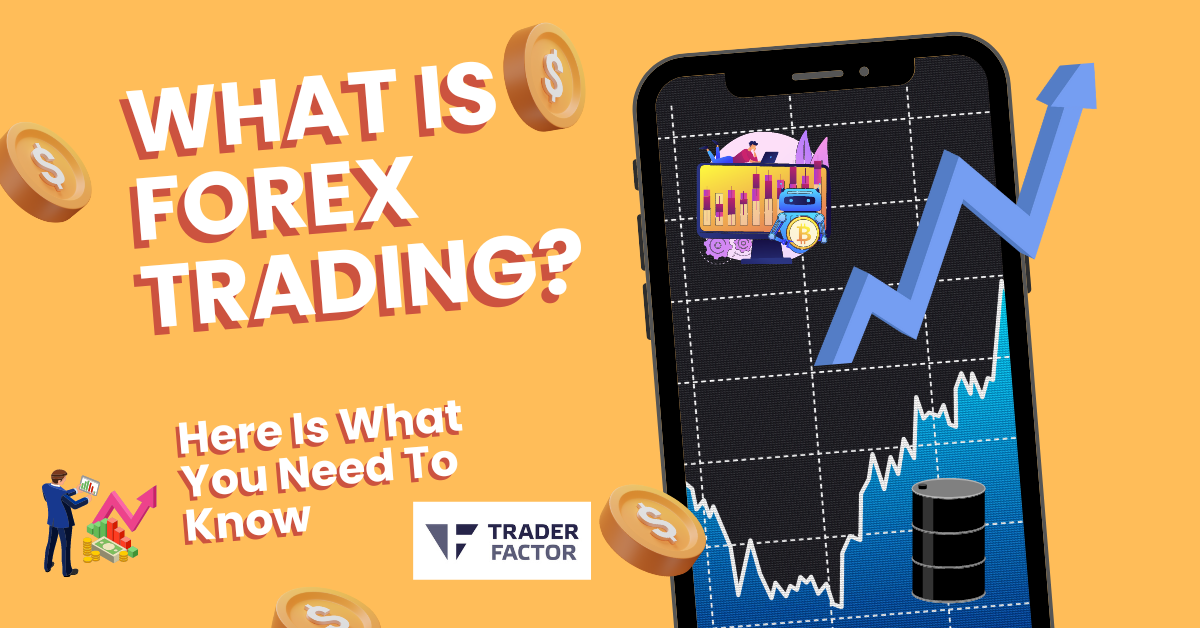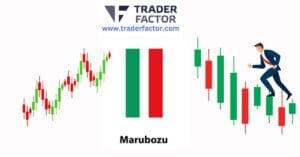What is Forex Trading? Have you ever travelled abroad? Then, it’s likely you’ve made a forex transaction.
Many people are interested in forex trading, but are unsure of what it entails. Simply put, forex trading is the act of buying and selling currencies in order to make a profit.The foreign exchange market is the largest financial market in the world, with a daily turnover of over $5 trillion. This makes it an attractive option for those looking to make a profit.
Table of Contents
ToggleHow Does Forex Trading Work? What is Forex Trading?
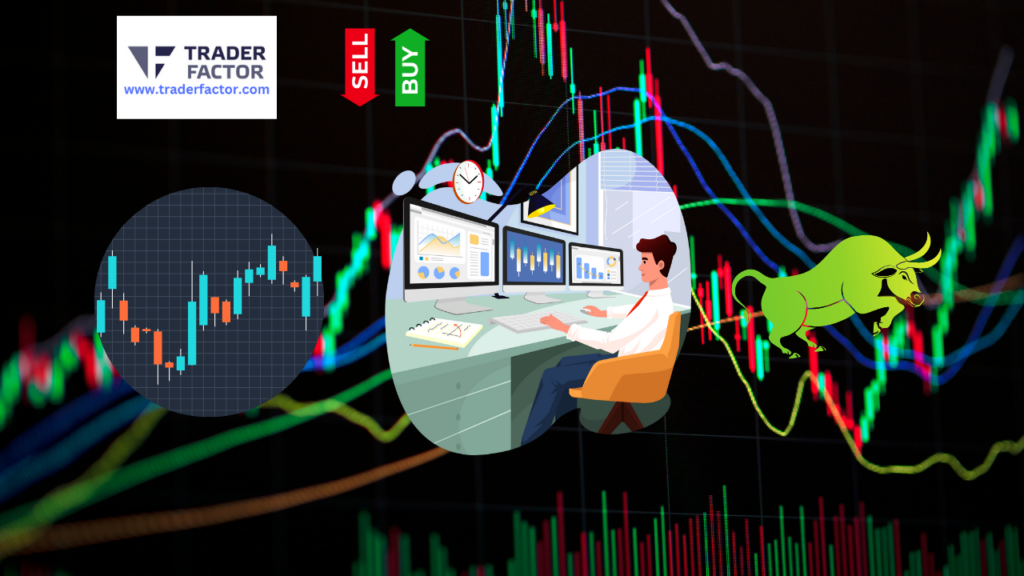
When you trade on the forex market, you are speculating on the movement of currency pairs.
For example, if you think that the Euro and US Dollar pair will rise in value, you would buy the pair. Alternatively, if you think that the Euro and US Dollar pair will fall in value, you would sell the pair. Profits are made by buying low and selling high, or by selling high and buying low.

Currency pairs are traded on the forex market. The most common currency pairs are;
- Euro and US Dollar
- US Dollar and Japanese Yen
- Great Britain Pound and US Dollar
- Australian Dollar and US Dollar
- New Zealand Dollar and US Dollar
- US Dollar and Swiss Franc
- US Dollar and Canadian Dollar
There are a number of factors that can influence currency pairs. These include political factors, such as elections and Brexit; economic factors, such as interest rates and inflation; and even natural disasters can have an impact.
What are Minor Currency Pairs In A Forex Market?
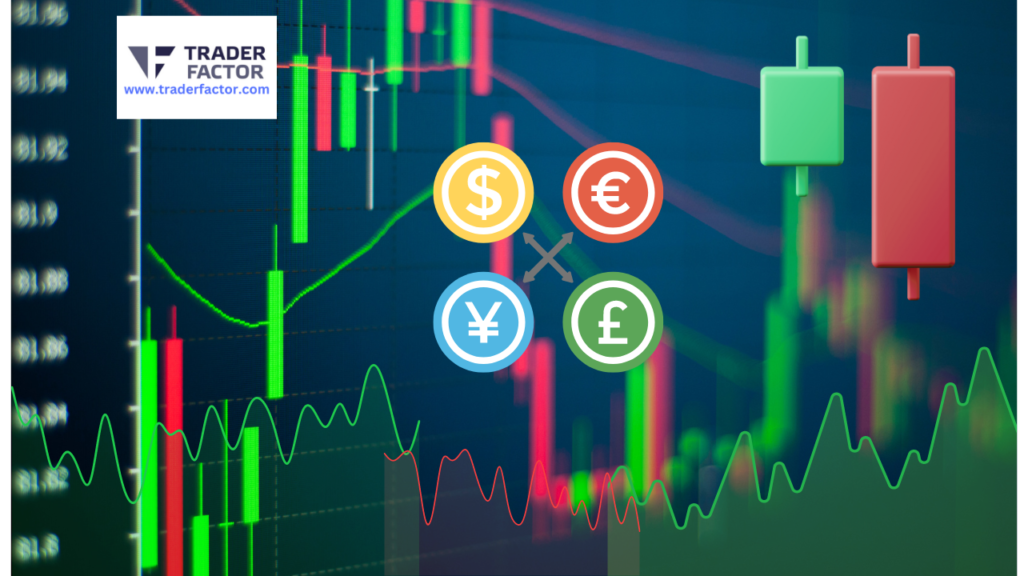
Popular Minor Currency Pairs
- GBP/JPY (Offers Very Tight Spreads)
- EUR/GBP ( Very Volatile Pair)
- AUD/NZD
When forex trading, you will come across something called a “minor currency pair.” These are currency pairs that don’t include the US Dollar.

The most popular minor currency pairs are:
- Great Britain Pound and Japanese Yen
- The Euro and Great Britain Pound
- The Australian Dollar and New Zealand Dollar
There are also a few commodity pairs that are traded less frequently, such as Gold and Silver and Copper and US Dollar.
As a forex trader, it’s important to learn about all the different currency pairs so that you can make informed trading decisions. After all, each currency pair has its own unique characteristics. For example, the EURO and Pound is known for being a very volatile pair, while Pound and Japanese Yen is known for its tight spreads.
Ultimately, whether or not you trade minor currency pairs will come down to personal preference. Some forex traders swear by them, while others prefer to stick with the major pairs.

If you’re new to forex trading, it might be a good idea to start with the major pairs and then branch out into the minors once you have a better understanding of the market.
What Is A Base And Quote Currency In Forex?
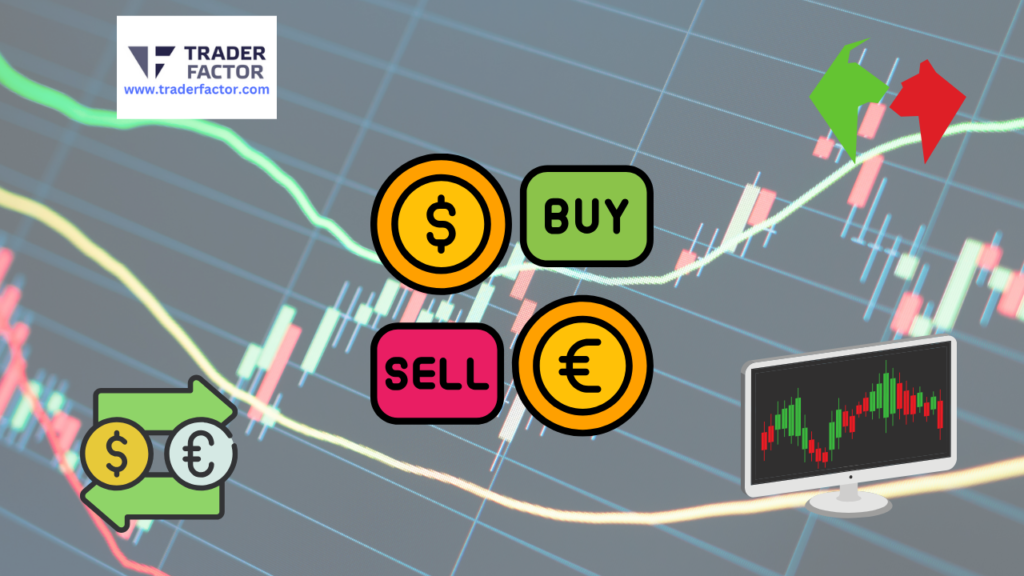
- EUR/USD
- EUR – Base Currency
- USD- Quote Currency
In the world of Forex trading, currencies are always traded in pairs. For example, the Euro and US Dollar Pair represents the number of US dollars that can be bought with one Euro.
The first currency in a pair is known as the base currency, while the second currency is known as the quote currency. In most cases, the base currency is the stronger currency, while the quote currency is the weaker currency.

However, this is not always the case. For example, when the USD is weak and the EURO is strong, the EURO and USDollar pair may be quoted as 1.20. This means that it would take 1.20 US dollars to buy one Euro.
Forex traders need to be aware of both the base and quote currencies when day trading.
What Are The Different Types Of Forex Markets?

There are two different types of forex markets: the spot market and the futures market.
Spot Forex Market
The spot market is the most popular type of forex market, as it allows forex traders to buy and sell currency pairs immediately. This type of forex market trading is conducted over-the-counter, meaning that through a forex broker such as ActivTrades, forex investors can trade directly with one another.

Forex Futures Market
The forex futures market is a bit more complex, as it’s an exchange-traded market where forex contracts are bought and sold. In the forex futures market, forex traders are speculating on the future value of a currency pair, rather than its current value.
When it comes to forex trading, each type of forex market has its own set of benefits and risks that forex traders should be aware of.
How Do You Make Money In A Forex Market?

- Learn Forex
- Read Beginners Guides and Tips For Forex Trading
- Start With a Demo Account with a licensed Forex Broker such as Eightcap
- Read Daily Forex News under Market Analysis
- Watch Video Lessons and Webinars
- Follow the Economic Calendar
If you are new to forex trading, you might be wondering how people make money in the forex market. After all, there is no physical exchange of currency, so how can anyone make a profit?

The key to understanding how people make money in the forex market is to understand how the market works. The forex market is not unlike other markets, such as the stock market. When you buy a currency pair, you are effectively buying one currency and selling another.
If the currency you bought appreciates in value relative to the currency you sold, then you will make a profit. Of course, things are not always that simple. You also need to factor in things like spread and leverage when considering your potential profits.
Nevertheless, understanding how forex trading works is essential for anyone who wants to be successful in this field.
What Are The Most Common Methods Of Trading Forex
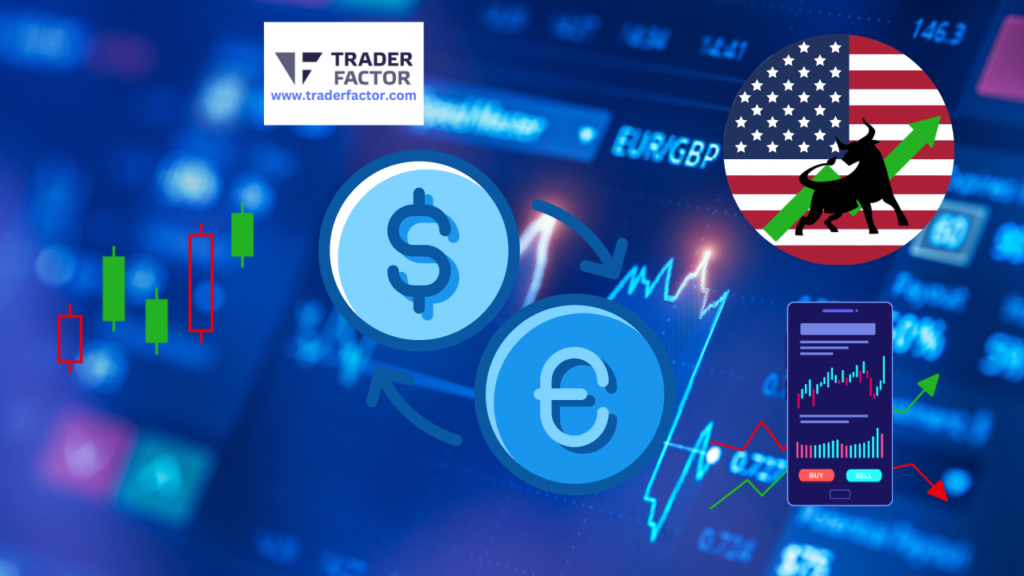
Some of the most common methods include; Day trading, Swing trading and Scalping.
Day Trading
Forex day trading is the act of buying and selling a currency pair within the same day. Day trading involves opening and closing positions within the same day, taking advantage of short-term price movements.
Traders who day trade are called day traders. Day trading Forex is unique in that there is no centralized market for Forex trades. Instead, Forex trading takes place electronically over-the-counter (OTC).

This means that Forex trades are not executed on an exchange, but rather through a network of banks and other financial institutions.
Forex day traders typically trade one or two currency pairs, as they can more easily keep track of these pairs than they can a larger number of pairs. Forex day traders usually look for opportunities to buy currency pairs when the price is low and then sell them when the price rises.
One of the benefits of Forex day trading is that there is no commission on Forex trades. Another benefit is that Forex day trading can be done from anywhere in the world with an internet connection.
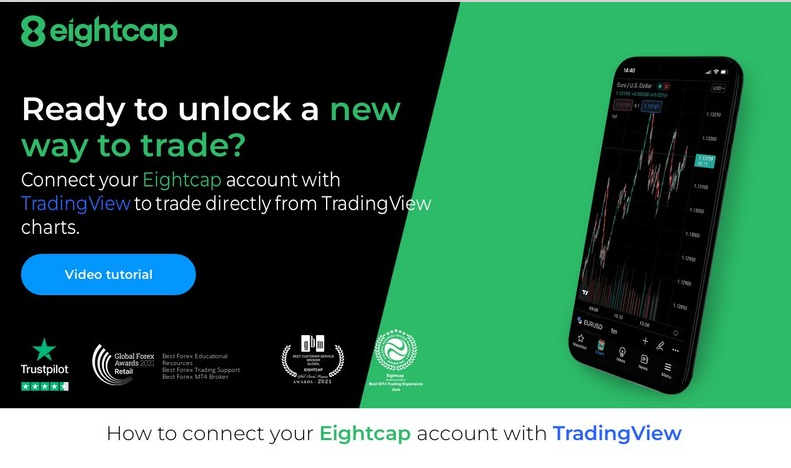
Swing Trading
Swing trading is a Forex trading strategy that is used by Forex traders to buy and sell currency pairs with the aim of making profits. Swing trading involves holding positions for a period of days or weeks, in order to capture larger price movements.
The main benefit of swing trading is that it gives Forex traders the opportunity to make profits from the price movements of currency pairs. Unlike day trading, which involves buying and selling currency pairs within the same day, swing trading involves holding currency pairs for a period of time before selling them.
This allows Forex traders to take advantage of the price swings that occur in the market.

In order to be successful at swing trading, Forex traders need to have a good understanding of technical analysis and market trends. They also need to be able to identify potential entry and exit points in the market.
Swing trading is a popular Forex trading strategy among Forex traders as it offers a number of benefits. However, it is important to note that swing trading also comes with its own risks.
Forex traders should therefore carefully consider all factors before deciding whether or not to use this Forex trading strategy.

Scalping
Scalping is a strategy that involves taking small profits on a large number of trades, in order to make a large return on investment. Forex traders attempt to make small quick profits off small currency moves.
Forex scalpers try to take advantage of small bid-ask spreads, usually taking only 5-10 pips of profit per trade. Forex scalping can be quite dangerous, however, as Forex traders are risking a large amount of their account equity on each individual trade.
As a result, Forex scalpers must have very tight risk management rules in place to protect their account from excessive losses. Forex scalping is not for everyone, but for those Forex traders who can handle the risks involved, it can be an exciting and profitable way to trade the Forex market.
Each of these methods has its own advantages and disadvantages, and choosing the right method depends on the trader’s goals and risk tolerance. However, all three methods can be successful if executed properly.

Finally
Forex trading is a popular way to make a profit. It involves buying and selling currencies on the foreign exchange market. The market is influenced by political and economic events, so it is important to keep up-to-date with current affairs.
If done correctly, forex trading can be a profitable endeavor. It’s important to keep up-to-date with current affairs so that you can make informed decisions when trading on the forex market.
Disclaimer:
All information has been prepared by TraderFactor or partners. The information does not contain a record of TraderFactor or partner’s prices or an offer of or solicitation for a transaction in any financial instrument. No representation or warranty is given as to the accuracy or completeness of this information. Any material provided does not have regard to the specific investment objective and financial situation of any person who may read it. Past performance is not a reliable indicator of future performance.

